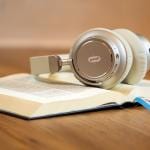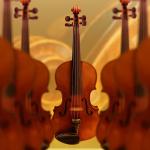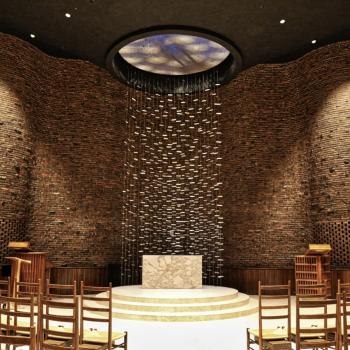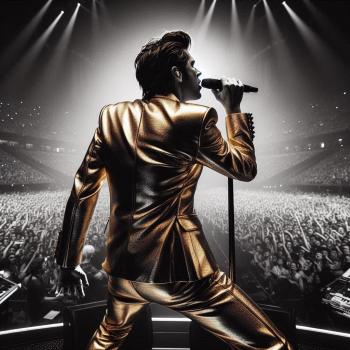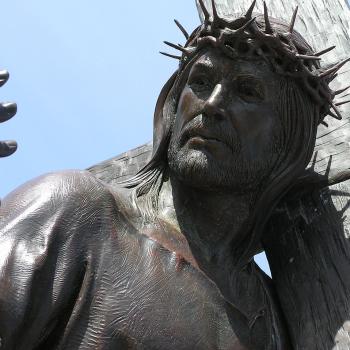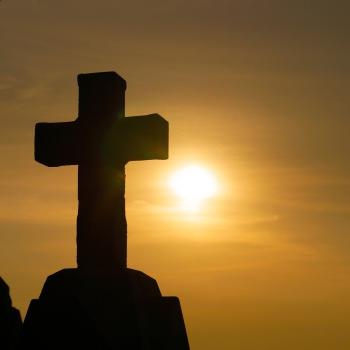Ruach is a new composition that dramatizes the sudden, chaotic, and shocking moment when the Holy Spirit descended upon the disciples on Pentecost.
Composed in 2018 and revised in 2022, Ruach is a sacred concert work that is inspired – figuratively and literally – by this mysterious yet earth-shattering event:
When the day of Pentecost came, they were all together in one place. Suddenly a sound like the blowing of a violent wind came from heaven and filled the whole house where they were sitting. They saw what seemed to be tongues of fire that separated and came to rest on each of them. All of them were filled with the Holy Spirit and began to speak in other tongues as the Spirit enabled them.” (Acts 2: 2-4)
The Hebrew word “Ruach” means both “breath” and “spirit.” Fundamental to this word (and to the Greek analogue, pneuma, which also is used in both ways) is a paradox. The notion of “spirit” denotes something ineffable and invisible – yet something that is always ready to break through and make itself known in a transformative way. Catholic mystics, African griots, and Christian Pentecostals are well-known examples of religious people who – when filled with the “spirit” – sing, dance, pray, feel, or see things that are amazing, powerful, and even out of their control.
In the same way, our breath is something simultaneously ineffable and invisible – yet also so fundamentally physical that our bodies do it without our conscious thought. We usually only become aware of our breathing when we are experience something surprising or particularly important: when something beautiful makes us catch our breath, our something frightening makes us cry out in terror. In the same way, we are not usually aware of our “spirit” except in special circumstances: in a religious or spiritual state, for example, or when we have to call upon something deep within us in order to create – or to endure.
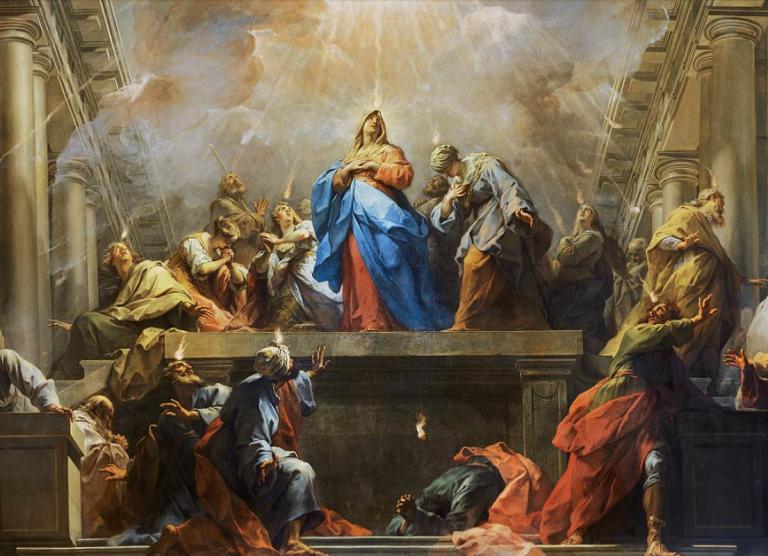
Ruach confronts this paradox by bringing to our awareness many different ways “breath” and “spirit” can become sonically and dramatic present. Throughout the piece the performers are asked to make various kinds of breath sounds with their instruments and their own voices, blurring the line between music and sound. At times the musicians yell, whisper, stomp, clap, and even laugh. Sometimes these are the only sounds you hear in the piece, the quartet being asked to put down their instruments and fully embody the musical performance in very direct and personal ways.
The result is a composition that doesn’t pull any punches in its attempt to express the uncontainable. At times the piece is uncompromisingly dissonant. Sometimes it is awkward and even uncomfortable to watch. But the overall goal of the piece is not to shock the listener. Rather, it tries to dramatize musically one of the most mysterious and important moments in Scripture: when the Holy Spirit descends in all its fiery glory and changes humanity in ways that continue to be impossible to capture or explain. It is this fundamentally uncontrollable and unexpected power dimension of the Spirit that Ruach attempt to depict.
Watch it here in a performance by the Mivos Quartet.


